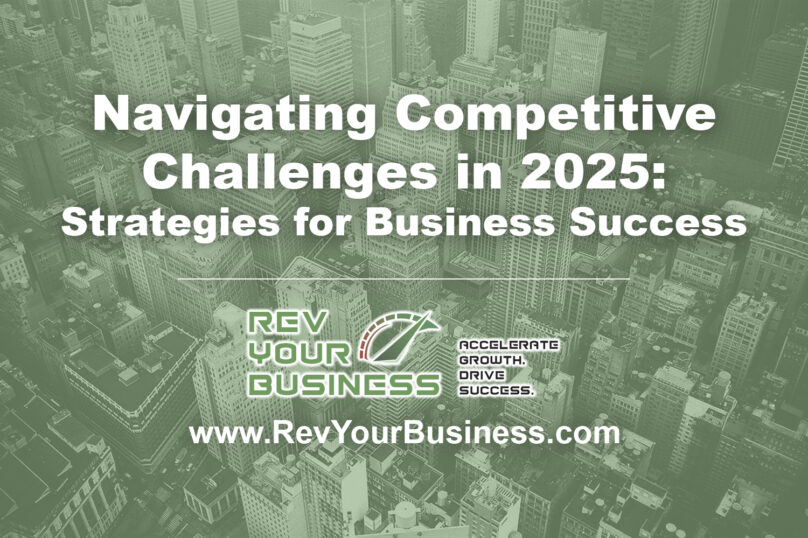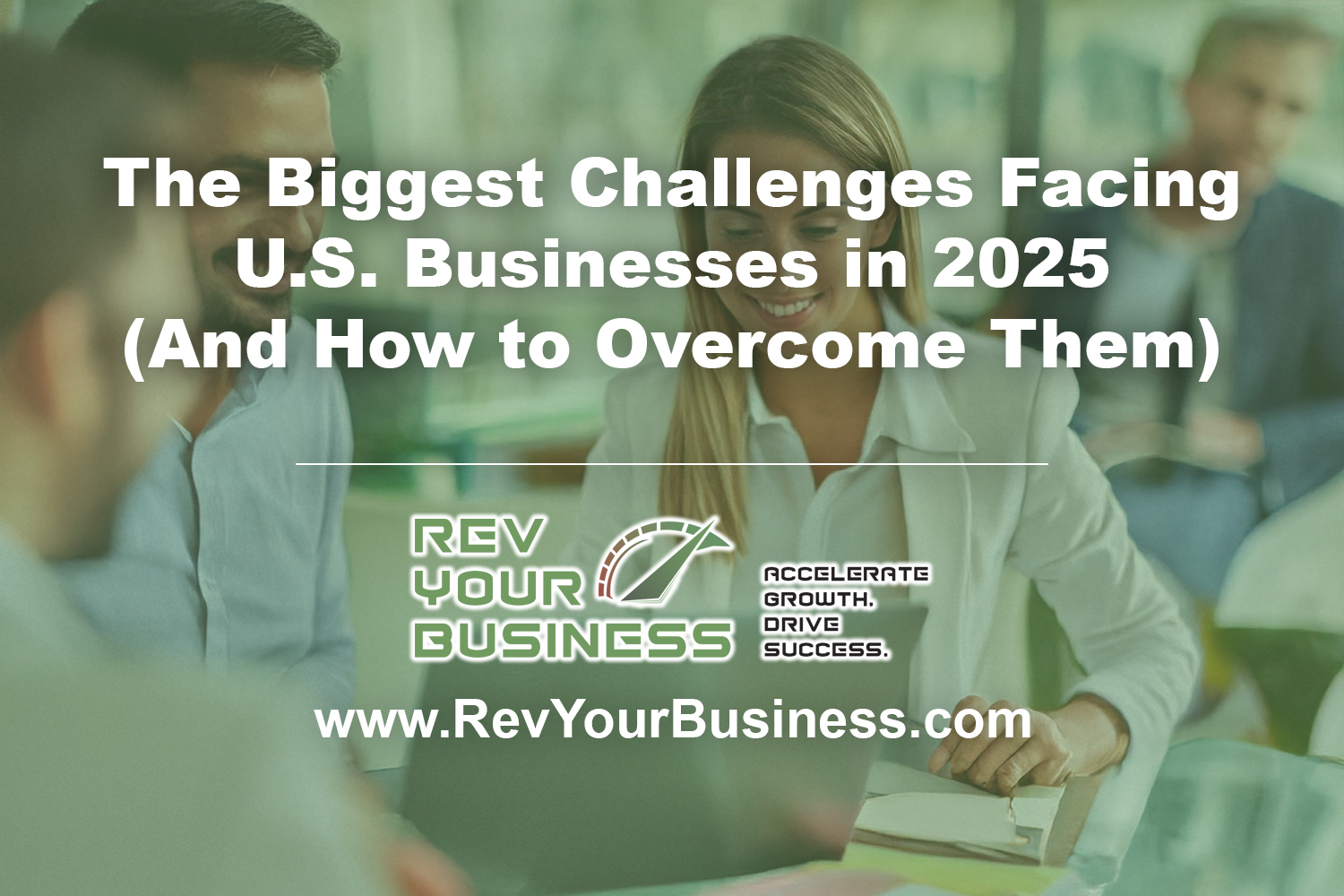Navigating Competitive Challenges in 2025: Strategies for Business Success

In 2025, businesses face an increasingly competitive landscape characterized by rapid technological advancements, shifting consumer preferences, and global market dynamics. To thrive in this environment, companies must address several key challenges and adopt innovative strategies to stay ahead. This blog explores the primary competitive challenges businesses encounter in 2025 and offers insights into how they are overcoming these obstacles.
Key Competitive Challenges in 2025
- Technological Disruption
The pace of technological change continues to accelerate, with new advancements emerging at an unprecedented rate. From artificial intelligence (AI) and machine learning (ML) to blockchain and the Internet of Things (IoT), businesses must continuously adapt to remain relevant. Companies that fail to leverage these technologies risk falling behind more agile competitors.
- Technological Disruption
- Evolving Consumer Expectations
Today’s consumers are more informed and demanding than ever. They expect personalized experiences, seamless interactions, and high-quality products and services. Meeting these expectations requires businesses to invest in customer experience (CX) strategies and technologies, which can be costly and complex to implement effectively.
- Evolving Consumer Expectations
- Global Competition
The global marketplace has become more interconnected, intensifying competition across borders. Businesses must contend with competitors from around the world, each vying for market share. This globalization requires companies to adopt that can differentiate them on a global scale while also catering to local market nuances.
- Global Competition
- and Retention
Attracting and retaining top talent remains a critical challenge, particularly in industries where skilled professionals are in high demand. Companies must offer competitive compensation, flexible work arrangements, and opportunities for professional growth to secure the best talent and reduce turnover rates.
- and Retention
- Sustainability and Ethical Practices
Increasingly, consumers and stakeholders expect businesses to operate sustainably and ethically. Companies are under pressure to reduce their environmental impact, ensure fair labor practices, and demonstrate corporate social responsibility (CSR). Failing to meet these expectations can result in reputational damage and loss of customer trust.
Strategies to Overcome Competitive Challenges
-
- Embracing Digital Transformation Businesses are investing heavily in digital transformation initiatives to stay competitive. This involves adopting AI and ML to automate processes, enhance decision-making, and improve efficiency. Additionally, companies are leveraging IoT to gather real-time data and optimize operations. By embracing digital tools and platforms, businesses can innovate and adapt more quickly to market changes.
- Enhancing Customer Experience To meet evolving consumer expectations, businesses are prioritizing CX by personalizing interactions and offering seamless omnichannel experiences. Implementing advanced analytics and CRM systems allows companies to better understand customer behavior and preferences. Investing in customer support technologies, such as chatbots and AI-driven assistants, also helps provide faster and more accurate service.
- Expanding Global Reach Companies are expanding their global presence by entering new markets and forming strategic partnerships. To succeed internationally, businesses are localizing their offerings to cater to regional preferences and cultural differences. Additionally, leveraging e-commerce platforms and digital marketing enables companies to reach a broader audience and compete on a global scale.
- Investing in Workforce Development Attracting and retaining top talent involves more than just competitive salaries. Businesses are focusing on creating positive work environments, offering professional development opportunities, and promoting work-life balance. Implementing flexible work arrangements, such as remote work and flexible hours, also helps attract a diverse talent pool and improves employee satisfaction.
- Prioritizing Sustainability Sustainability is becoming a key differentiator in the marketplace. Businesses are adopting sustainable practices, such as reducing waste, improving energy efficiency, and sourcing ethically produced materials. Communicating these efforts transparently to consumers helps build trust and loyalty. Additionally, companies are engaging in CSR initiatives that align with their values and resonate with their target audience.
Conclusion
The competitive landscape of 2025 presents numerous challenges, from technological disruption to evolving consumer expectations and global competition. However, businesses that proactively address these challenges and adopt innovative strategies can thrive in this dynamic environment. By embracing digital transformation, enhancing customer experience, expanding global reach, investing in workforce development, and prioritizing sustainability, companies can not only overcome competitive pressures but also position themselves for long-term success.
In this rapidly changing world, staying agile and responsive to market shifts is essential. Businesses that continuously adapt and innovate will be well-equipped to navigate the competitive challenges of 2025 and beyond.






